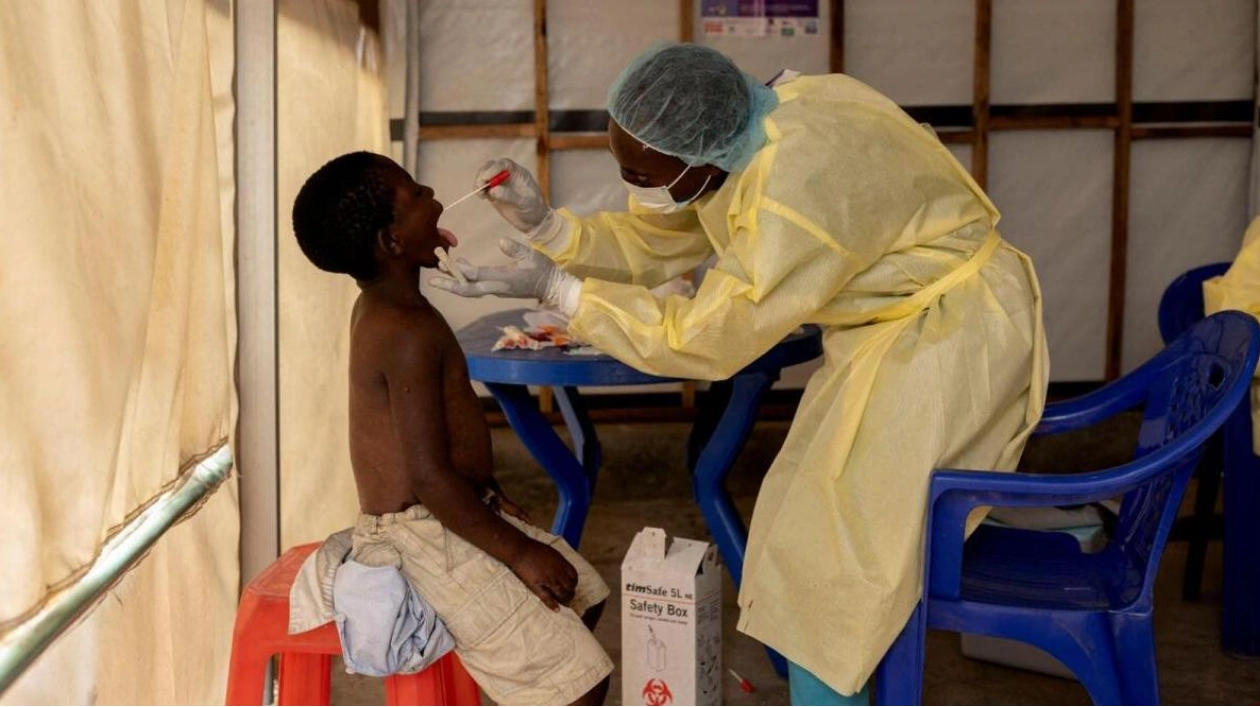On Tuesday, Africa's leading public health organization declared a "public health emergency of continental security" due to an mpox outbreak that has spread from the Democratic Republic of Congo to neighboring countries. Mpox is spread through close contact and manifests with flu-like symptoms and lesions filled with pus. Although most cases are mild, the disease can be fatal.
The outbreak in Congo initially involved an endemic strain, known as Clade I. However, the new variant, Clade Ib, seems to be more transmissible through regular close contact, especially among children. The Africa Centres for Disease Control and Prevention (Africa CDC) issued a warning last week about the alarming rate of viral spread. They reported over 15,000 mpox cases and 461 deaths on the continent this year, marking a 160 percent increase compared to the same period last year.
Mpox has been endemic in parts of Africa for decades, first detected in humans in the Democratic Republic of Congo in 1970. A milder form of the virus spread to over a hundred countries in 2022, primarily through sexual contact, leading the World Health Organisation (WHO) to declare a public health emergency of international concern, its highest alert level. The WHO terminated the emergency after 10 months, stating that the health crisis was under control.






